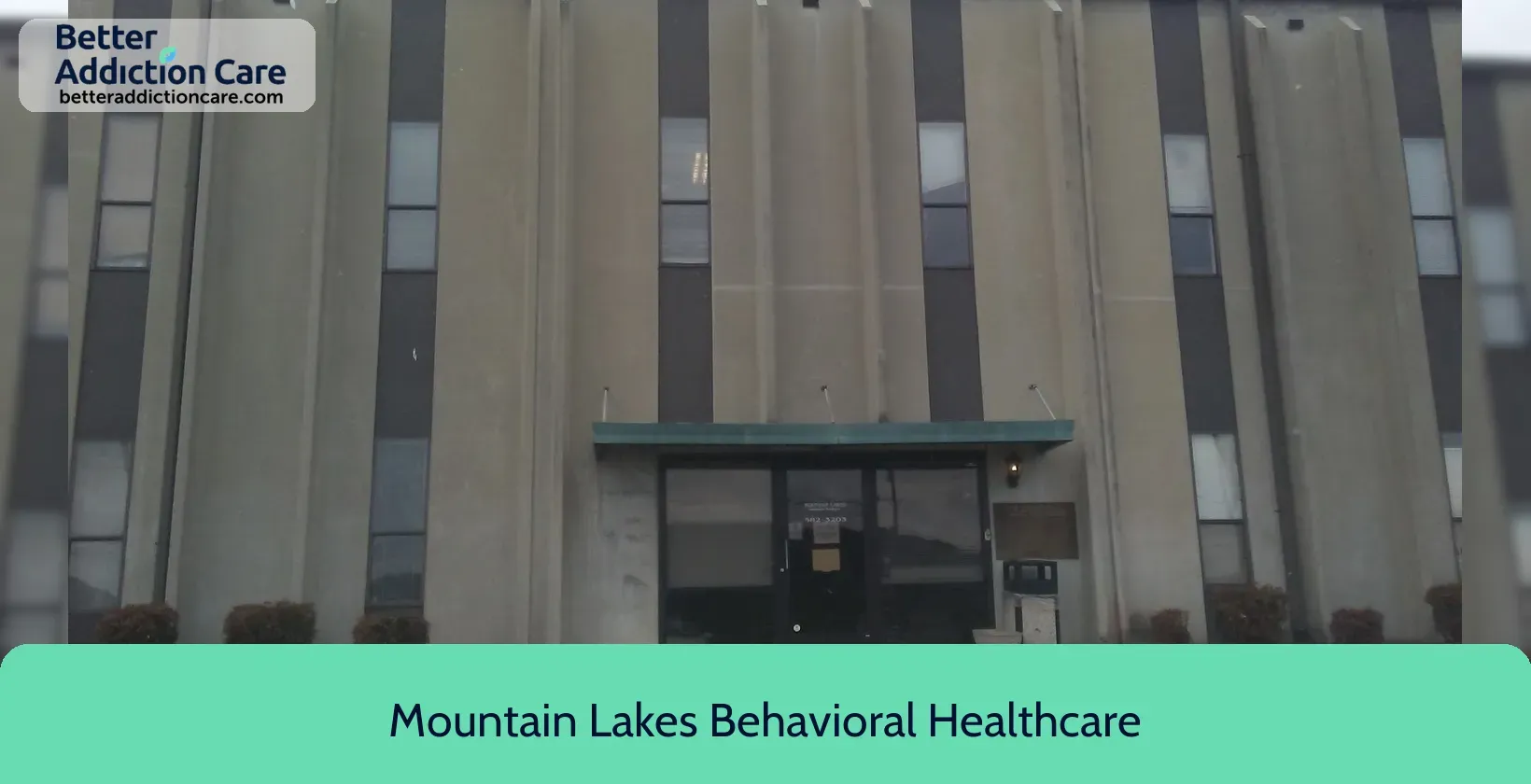Mountain Lakes Behavioral Healthcare
Overview
Mountain Lakes Behavioral Healthcare is a mental health treatment center for people seeking treatment near Marshall County. As part of their treatment modalities for recovery, Mountain Lakes Behavioral Healthcare provides couples/family therapy, group counseling, and cognitive behavioral therapy during treatment. Mountain Lakes Behavioral Healthcare is located in Guntersville, Alabama, accepting cash or self-payment for treatment.
Mountain Lakes Behavioral Healthcare at a Glance
Payment Options
- Cash or self-payment
- Medicaid
- Medicare
- Private health insurance
- Federal military insurance (e.g., TRICARE)
Assessments
- Comprehensive mental health assessment
- Comprehensive substance use assessment
Age Groups
- Seniors or older adults
- Young adults
- Children/adolescents
- Adults
- Seniors
Ancillary Services
- Assertive community treatment
- Intensive case management
- Case management service
- Court-ordered outpatient treatment
- Education services
Highlights About Mountain Lakes Behavioral Healthcare
6.85/10
With an overall rating of 6.85/10, this facility has following balanced range of services. Alcohol Rehabilitation: 8.00/10, Drug Rehab and Detox: 6.00/10, Insurance and Payments: 6.67/10, Treatment Options: 6.73/10.-
Alcohol Rehabilitation 8.00
-
Treatment Options 6.73
-
Insurance and Payments 6.67
-
Drug Rehab and Detox 6.00
Accreditations
State department of health:

Government agencies issue State Licenses, granting permission to rehabilitation organizations to conduct their business operations lawfully within specific geographic regions. Generally, the particular rehabilitation programs offered by a facility and its physical location dictate the necessary licenses needed for legal operation.
Treatment At Mountain Lakes Behavioral Healthcare
Treatment Conditions
- Mental health treatment
- Substance use treatment
- Co-occurring Disorders
Care Levels
- Partial Hospitalization Program
- Outpatient
Treatment Modalities
- Couples/family therapy
- Group counseling
- Cognitive behavioral therapy
- Dialectical behavior therapy
- Integrated Mental and Substance Use Disorder treatment
Ancillary Services
Languages
- Sign language services for the deaf and hard of hearing
Special Programs
- Children/adolescents with serious emotional disturbance (SED)
- Persons 18 and older with serious mental illness (SMI)
Common Questions About Mountain Lakes Behavioral Healthcare
Contact Information
Read our Most Recent Article About Drug Addiction
DISCLAIMER: The facility name, logo and brand are the property and registered trademarks of Mountain Lakes Behavioral Healthcare, and are being used for identification and informational purposes only. Use of these names, logos and brands shall not imply endorsement. BetterAddictionCare.com is not affiliated with or sponsored by Mountain Lakes Behavioral Healthcare.









